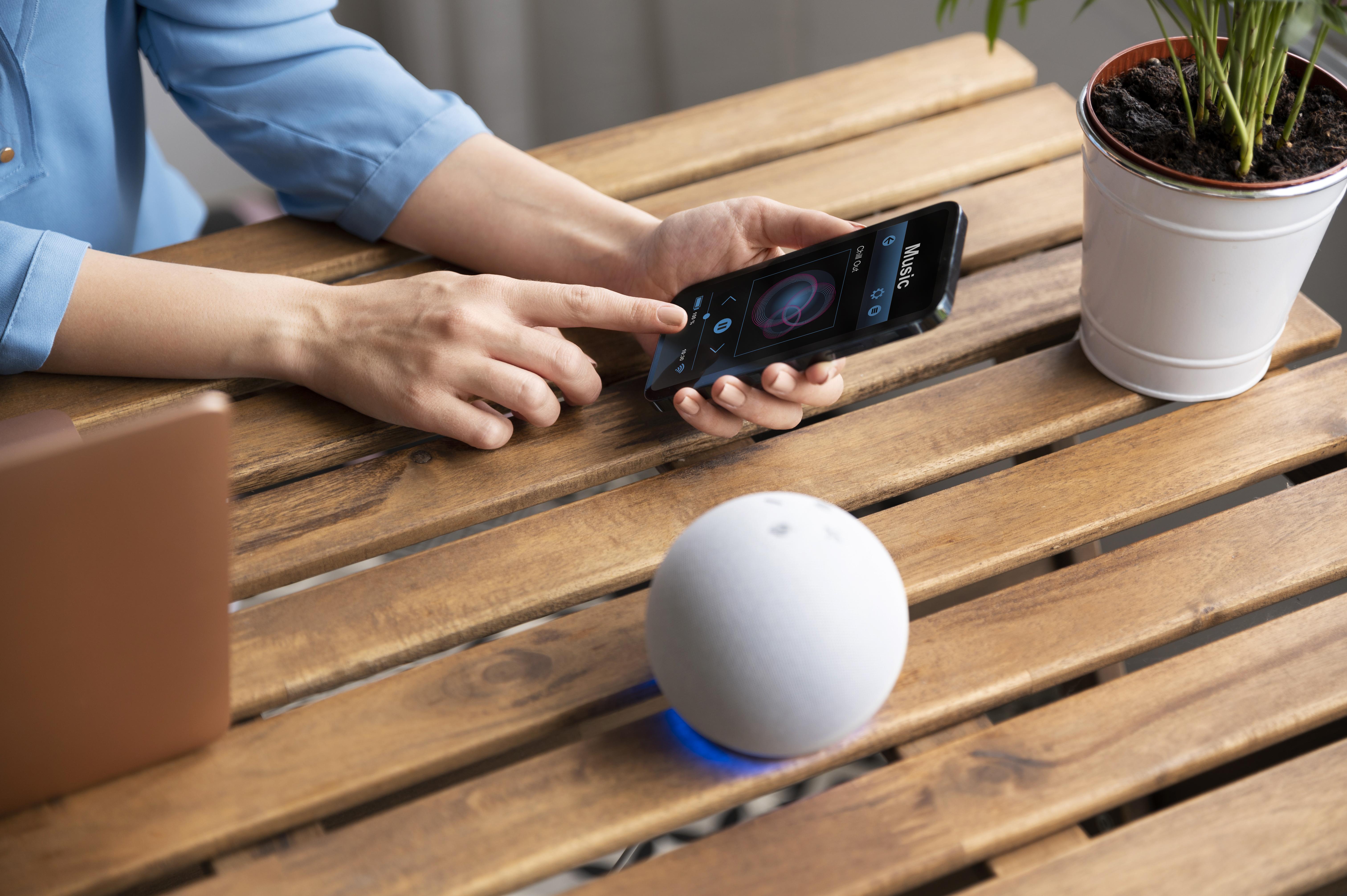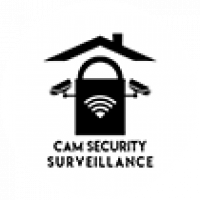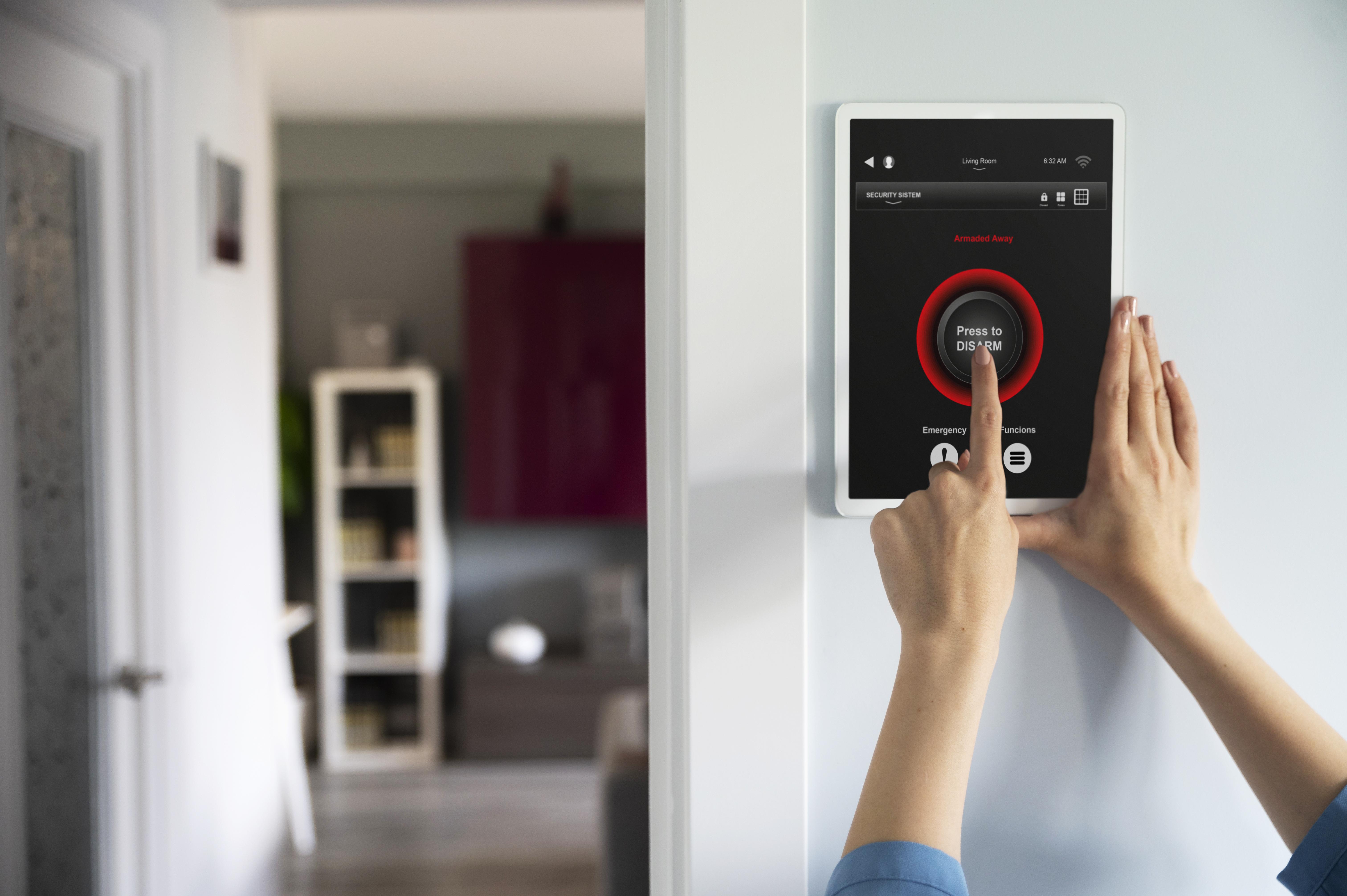Audio Recording on Home Security Cameras

Strong 8k brings an ultra-HD IPTV experience to your living room and your pocket.
Homeowners today are investing more than ever in smart surveillance systems to protect their properties. From motion detection to night vision, modern home security cameras are packed with features that make monitoring easier and more effective. But one of the most intriguing—and controversial—features is audio recording on home security cameras.
So, is it really possible to record audio with your surveillance system? And more importantly, is it even legal? In this article, we’ll explore the technical capabilities of audio-enabled cameras, the laws that govern their use, and how to make sure you're on the right side of both technology and legality.
What Is Audio Recording on Security Cameras?
Many newer home security cameras now include built-in microphones that allow for one-way or two-way audio recording. These devices don't just capture images—they also record sounds, voices, and ambient noise within a specific range.
Some of the benefits of audio recording include:
Identifying and understanding verbal threats
Recording conversations during break-ins or disputes
Verifying events by syncing audio with visual footage
Communicating remotely through two-way audio features
Clearly, audio recording on home security cameras provides another layer of protection and awareness—but it must be used carefully.
Can You Record Audio on Your Home Security Camera?
This is one of the most common questions among homeowners: can you record audio on your home security camera?
Yes, technically, most modern cameras are capable of recording audio. However, using that feature legally is a different story. Recording audio without proper consent can land you in serious legal trouble—even if you’re doing it to protect your own property.
In the United States, audio recording laws vary by state. They typically fall into two categories:
One-Party Consent States
In these states, you can legally record a conversation as long as one party (which can be you) knows about the recording. This is common in states like Indiana, Texas, and New York.
Two-Party (or All-Party) Consent States
In these states, all parties involved in a conversation must consent to being recorded. Without that consent, it’s illegal to record audio—even if it’s on your own property.
Before enabling the microphone on your security camera, it's vital to check your state's laws to avoid unintentional violations.
Is It Legal to Record Audio on Your Property?
You might assume that you can record anything on your own property. While video surveillance in public or shared spaces like yards and driveways is typically legal, audio recording on home security cameras is treated differently.
Audio recordings can capture private conversations, which are protected under federal wiretapping laws and state privacy regulations. Even if someone is on your property, you can’t legally record their voice without proper notice—especially in two-party consent states.
To stay compliant, always:
Inform guests and visitors about audio surveillance with clear signage
Disable microphones in areas where privacy is expected (e.g., bathrooms or bedrooms)
Consult legal experts or local laws if you're unsure
Why You Should Still Consider Audio Surveillance
Despite the legal hurdles, audio-enabled security cameras offer undeniable benefits:
Real-Time Communication: Speak to delivery drivers, visitors, or even potential intruders from your phone.
Detailed Record-Keeping: Get full context of events—not just visuals.
Emergency Response: Detect verbal cries for help or suspicious sounds.
Pairing audio with visual surveillance creates a comprehensive security solution. However, it’s essential to install and use these systems correctly and responsibly.
Where to Place Audio-Enabled Cameras
If you decide to use audio recording features, proper placement is critical. Install cameras where activity is expected and privacy expectations are minimal, such as:
Entryways and porches
Driveways and garages
Hallways or main living areas
Avoid placing audio-enabled cameras in private spaces unless absolutely necessary—and only if all occupants are aware.
For professional advice, consider working with local security camera installers who understand the legal implications and can guide you on correct camera placement.
How to Comply with Audio Recording Laws
So, how do you use audio surveillance without crossing legal lines?
Here are some best practices:
Post Warning Signs: Let everyone know that both video and audio recording may be in progress.
Disable Audio in Sensitive Areas: Especially in bathrooms, bedrooms, or offices where private conversations may occur.
Use Cameras with Adjustable Audio Settings: Some devices let you schedule when microphones are active.
Avoid Listening to or Sharing Private Conversations: Keep recorded data secure and access only when necessary.
By following these guidelines, you can enjoy the benefits of audio surveillance while respecting legal and ethical boundaries.
DIY or Professional Installation?
Installing an audio-enabled security system may seem straightforward, but mistakes in placement, settings, or signage could result in accidental privacy violations.
That's why many homeowners opt to work with local security camera installers who can ensure compliance and optimal setup. A professional can help with:
Placement of both video and audio cameras
Legal disclosures and signage
Network security and storage of recordings
Ongoing maintenance and monitoring
This expert support is especially valuable if you live in a state with strict recording laws.
Enhancing Your Home's Safety the Right Way
If you’re ready to invest in audio surveillance, make sure you do it the smart way. Check your state’s laws, post proper signage, and consult with experts.
And if you’re still wondering, “can you record audio on your home security camera?”—the answer is yes, but only if you follow the rules.
Audio can be a powerful tool in your security arsenal, but it comes with more responsibility than video alone. Be informed, be cautious, and use your system ethically.
Getting Started with Audio-Enabled Security Cameras
Not sure which camera system is right for you? Look for models with:
Built-in microphones and speakers
Customizable privacy settings
Two-way audio capability
Local and cloud-based storage
The right device should allow you to record clearly, communicate easily, and adjust settings based on your location’s legal requirements.
If you're uncertain about setting up your own system or what’s legally acceptable in your area, don’t take chances—contact us today for home security camera installation and peace of mind.
Conclusion
Audio recording on home security cameras is not only possible but also incredibly effective when used responsibly. While video shows you what’s happening, audio tells you why—giving you a complete picture of any situation.
Still, the legal landscape around audio recording is more complex than video. That’s why it’s crucial to follow state laws, inform everyone being recorded, and install your system with care.
At Cam Security Surveillance LLC, we specialize in helping homeowners and businesses design security systems that are powerful, legal, and effective. From consultation to professional installation, we make sure every detail is covered—including the ones you can hear.
Note: IndiBlogHub features both user-submitted and editorial content. We do not verify third-party contributions. Read our Disclaimer and Privacy Policyfor details.



